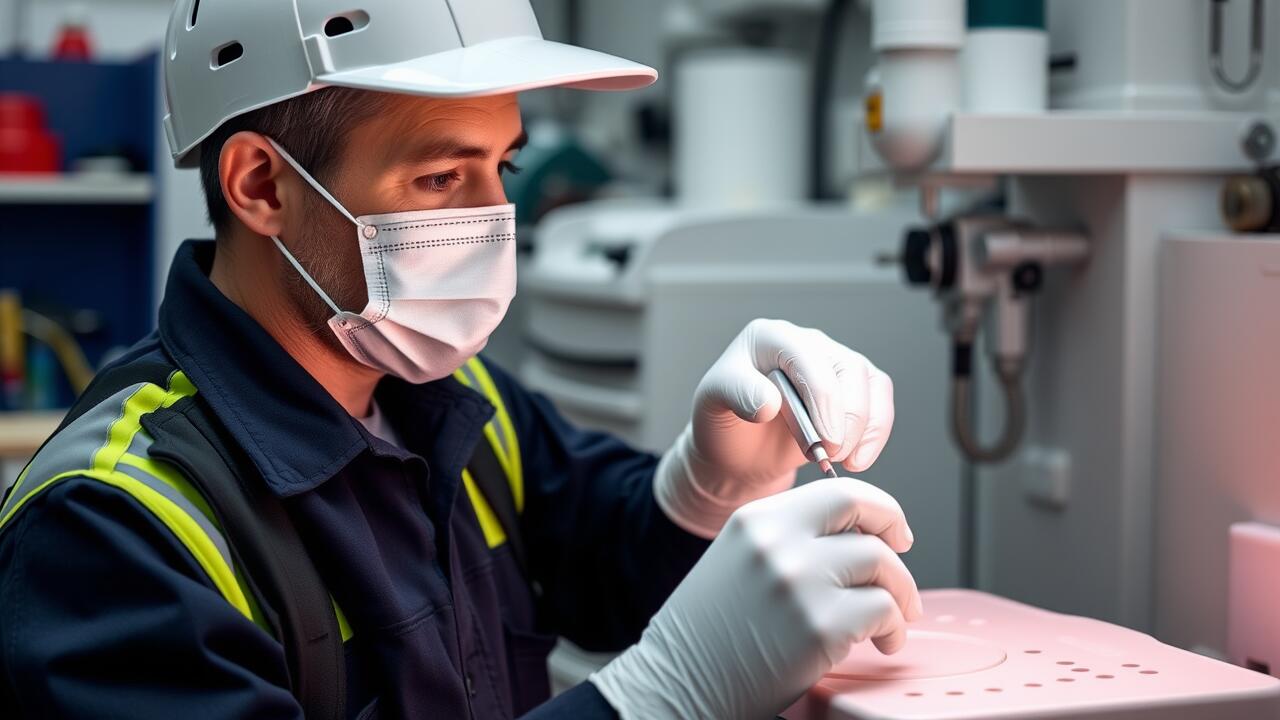
Maintenance Costs of Dentures
The maintenance costs of dentures can vary significantly depending on the type of dentures and the individual’s specific needs. Basic cleaning solutions and tools may be needed regularly to ensure proper hygiene. Additionally, frequent visits to the dentist are essential for professional cleaning and adjustments, which can lead to further expenses over time.
Replacing dentures is another consideration that can impact overall costs. They may need to be replaced every five to seven years due to wear and changes in the mouth structure. Patients should also account for potential additional services, such as relining or remaking, to maintain comfort and fit as their oral health changes. Regular investment in maintenance can help prolong the life of dentures and enhance overall oral health.
Navigate to this website to learn more.
Regular Check-ups and Cleaning
Regular check-ups and cleaning are essential for maintaining the health and longevity of dentures. Dentists typically recommend routine appointments every six months to ensure that the dentures fit properly and remain free from stains or plaque. During these visits, the dentist will assess the condition of the dentures and may make adjustments as needed. Proper cleaning techniques at home are equally important, as they help prevent oral infections and maintain overall oral hygiene.
In addition to professional check-ups, daily care of dentures is crucial. This involves rinsing the dentures after meals to remove food particles and using a soft brush with mild soap or a denture cleanser for thorough cleaning. Avoiding harsh abrasives ensures that the dentures remain in good condition. By adhering to these maintenance guidelines, individuals can enjoy the comfort and functionality of their dentures for many years.
Impact of Dentures on Daily Life
Dentures can significantly alter various aspects of daily life. Many individuals experience a sense of newfound confidence with a complete set of dentures, as they restore the natural appearance of teeth and improve facial aesthetics. Eating may initially pose a challenge, requiring adjustments in food choices and chewing habits. Some individuals find they need to start with softer foods before gradually reintroducing firmer items to their diet as they grow accustomed to the feel and function of their dentures.
Social interactions often change for those wearing dentures. Speaking clearly can be a concern, especially in the early days of use, leading some to feel self-conscious about their speech. Over time, most individuals adapt, regaining comfort when communicating. The psychological benefits of wearing dentures can be profound, enabling people to engage more freely in social situations without the fear of visible gaps or discomfort.
Adjusting to New Dentures
Adjusting to new dentures can be a significant transition for many individuals. Initially, the feeling of having a foreign object in the mouth may lead to discomfort or irritation. Time, patience, and practice can help ease this adjustment period. Speaking and eating with new dentures requires a period of adaptation as the muscles in the mouth learn to accommodate the appliance.
After a few days, most individuals begin to feel more comfortable with their dentures. It is common to experience mild soreness or an increase in saliva production during this time. Regular practice, such as chewing soft foods and reading aloud, can assist in regaining confidence. Following the dentist's aftercare instructions is essential for ensuring proper fit and function as the mouth settles around the dentures.
Alternative Solutions to Full Dentures
For those considering alternatives to full dentures, dental implants represent a popular option. Implants provide a more permanent solution by surgically placing titanium posts into the jawbone. These posts act as artificial tooth roots, offering superior stability compared to dentures. While the initial investment may be higher, many patients find the long-term benefits, including improved comfort and functionality, to be worth the cost.
Another alternative is dental bridges, which can effectively replace missing teeth without the need for full dentures. Bridges are anchored to adjacent natural teeth or implants, allowing for a more secure fit. This option may be more suitable for individuals who still have some natural teeth remaining. With proper care, dental bridges can last for many years, providing an aesthetically pleasing and functional solution for those seeking to avoid full dentures.
Dental Implants and Bridges
Dental implants serve as a popular alternative to dentures for individuals seeking a more permanent solution to tooth loss. This procedure involves surgically placing titanium posts into the jawbone, acting as artificial roots for replacement teeth. Unlike dentures, which can shift and require periodic adjustments, dental implants provide stability and a natural feel. The longevity of implants often surpasses that of traditional dentures, making them a long-term investment in oral health.
Bridges present another viable option for those looking to restore their smiles without the inconvenience of dentures. Fixed bridges are anchored to the surrounding natural teeth or implants, filling gaps left by missing teeth. This solution prevents the shifting of adjacent teeth that can occur with dentures and helps maintain facial structure. While both implants and bridges come with their own costs and maintenance considerations, they offer benefits that may significantly enhance daily life for those who find traditional dentures unappealing.
FAQS
How much should I expect to pay for a full set of dentures in the UK?
The cost of a full set of dentures in the UK can range from £500 to £2,500, depending on the materials used and the complexity of the case.
Are there any ongoing maintenance costs associated with dentures?
Yes, ongoing maintenance costs can include regular check-ups, cleaning, and potential adjustments, which can range from £50 to £150 per visit.
Will my dental insurance cover the cost of dentures?
Coverage for dentures varies by policy. It is advisable to check with your dental insurance provider to understand what costs are covered.
How long do dentures typically last?
With proper care, full dentures can last between 5 to 10 years before they may need to be replaced or adjusted.
What are the alternatives to full dentures?
Alternatives to full dentures include dental implants and dental bridges, which can provide a more permanent solution for tooth replacement.

